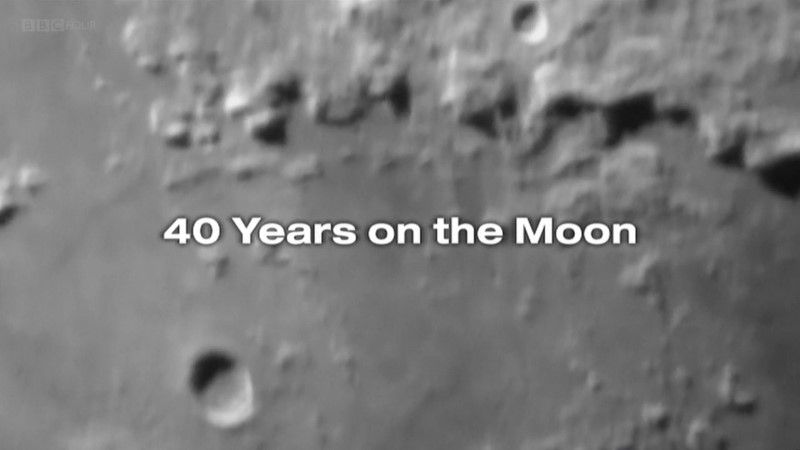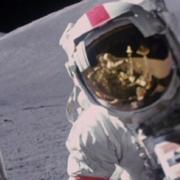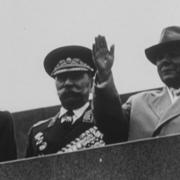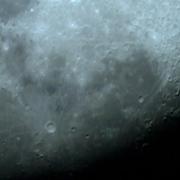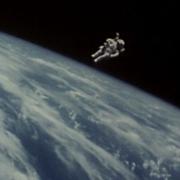Professor Brian Cox takes a look through nearly 50 years of BBC archive at the story of man's relationship with the moon.
From the BBC's space fanatic James Burke testing out the latest Nasa equipment to 1960s interviews about the bacon-flavoured crystals that astronauts can survive on in space, to the iconic images of man's first steps on the moon and the dramatic story of Apollo 13, Horizon and the BBC have covered it all.
But since President Kennedy's goal of landing a man on the moon before the end of the 1960s was reached, no-one has succeeded in reigniting the public's enthusiasm for space travel and lunar voyages. Why?
On his journey through the ages, Professor Cox explores the role that international competition played in getting man to the moon and asks if, with America no longer the world's only superpower, we are at the dawn of a bright new space age.
布赖恩·考克斯教授回顾了 BBC 近 50 年的档案,了解人类与月球关系的故事。
从 BBC 的太空狂热者詹姆斯·伯克测试美国国家航空航天局的最新设备,到 1960 年代关于宇航员可以在太空中生存的培根味水晶的采访,再到人类踏上月球第一步的标志性图像和阿波罗 13 号的戏剧性故事,地平线BBC 已经报道了这一切。
但自从肯尼迪总统在 20 世纪 60 年代末实现载人登月的目标以来,没有人能够成功地重新点燃公众对太空旅行和月球航行的热情。为什么?
在他穿越岁月的旅程中,考克斯教授探讨了国际竞争在将人类送上月球方面发挥的作用,并提出疑问,随着美国不再是世界上唯一的超级大国,我们是否正处于一个光明的新太空时代的黎明。
- 1、对于磁力链接和电驴链接,推荐使用115网盘、百度网盘离线下载,或使用qBittorrent下载磁力链接,迅雷下载电驴链接。
- 2、点此下载安装115网盘 ,点此下载安装qBittorrent
- 3、电脑版百度网盘离线指南,手机版百度网盘离线指南
- 4、如本站页面打开困难,可访问镜像站 docu-hub.com
